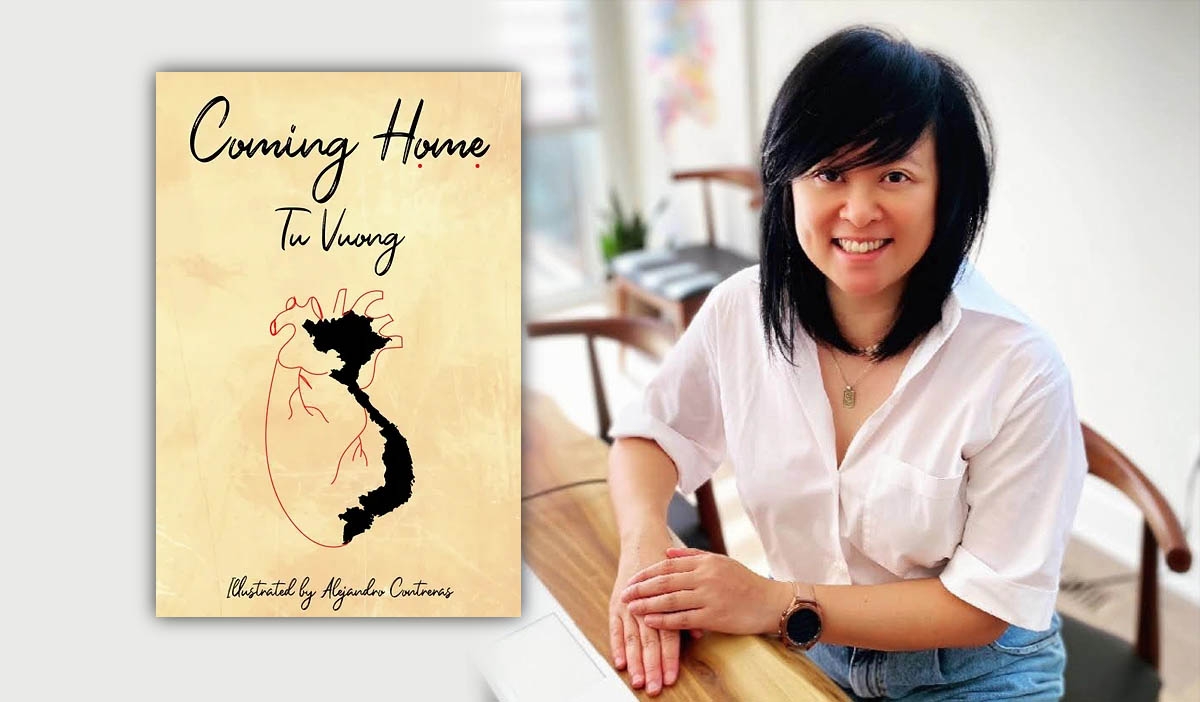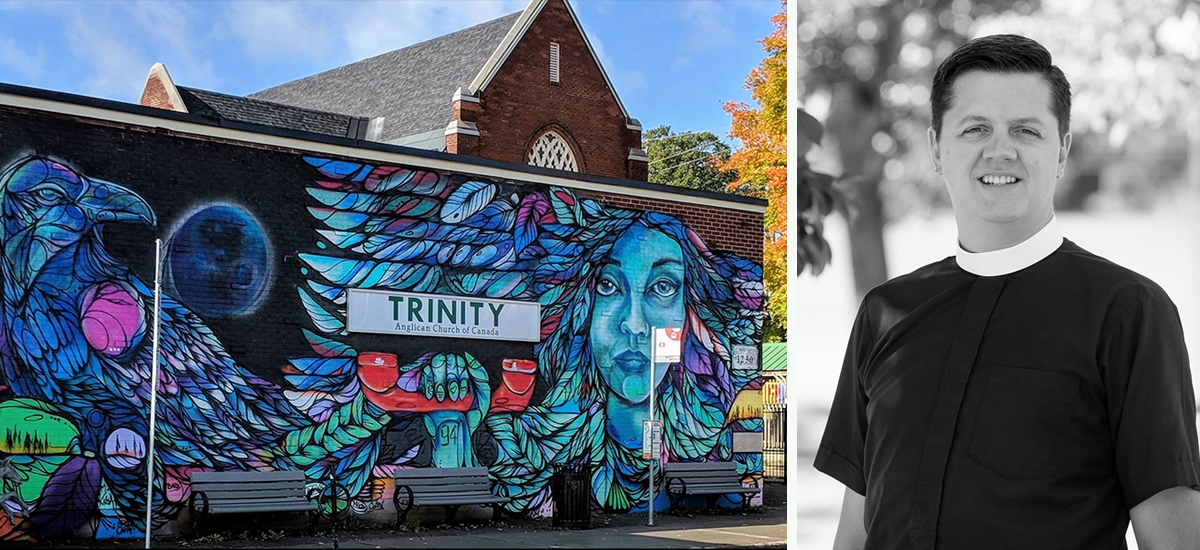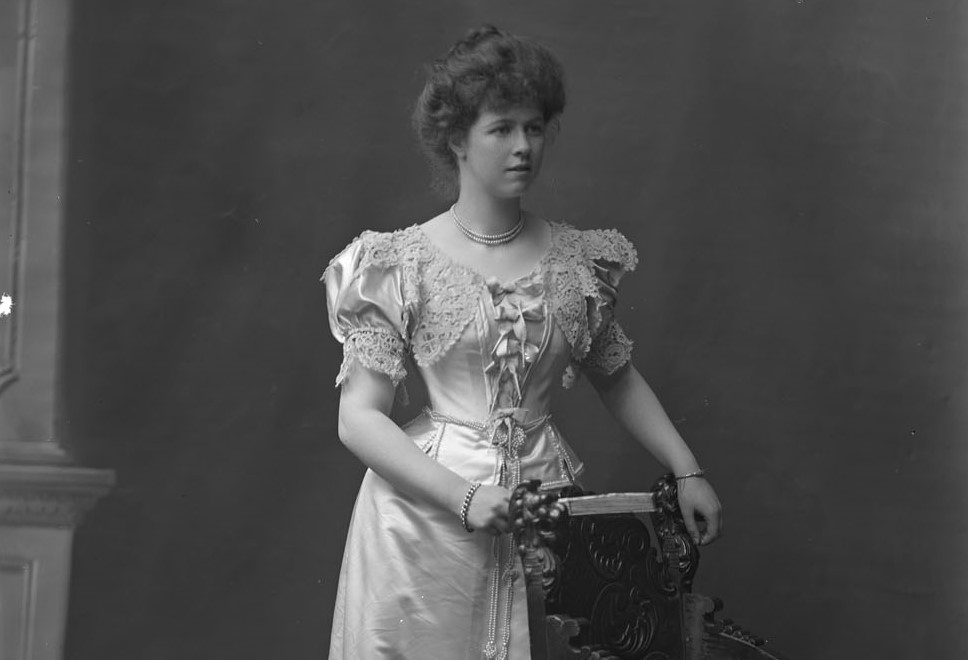
Ottawa author’s first poetry book “Coming Home”
ESL teacher Tu Vuong found her passion for teaching and leading positive change through her experiences both as a racialized student and as an educator. Along with consulting and advocating for newcomer families and students, the Ottawa resident can now add author to her list of accomplishments.
In the aftermath of the Vietnam War, Vuong’s father and brother came to Canada as part of former Mayor Marion Dewar’s Project 4000 to escape the intense repression and scarcity of the new communist regime. Two years later, Vuong and her mother joined them in Ottawa.
Vuong’s debut book, Coming Home, is a collection of poems that focus on her and her family’s journey both physically and emotionally. The poems illustrate the transition from life in Vietnam to an unfamiliar society that was often not understanding of their plight or cultural origins.
Easy to grasp and very readable, Coming Home is also beautifully illustrated, with simple yet meaningful artwork that lends the stories even more meaning.
Divided into three distinct collections, the first of which, Heart, tells the story of how Vuong’s parents met during the war and were forced to make the heartbreaking decision to divide their family of four and flee their homeland in a dangerous journey where they witnessed violence and massacre. The poems also note the change in narrative from the fall of Saigon to its rise.
With lines like, “They learned how to survive/was it love?” Vuong explores the realities of many families and relationships during wartime and tells the necessity that brought her family to make the gut-wrenching choice of leaving their home, ultimately leading them to Canada.
Part two of the book Spirit is a story many Canadians will identify with. It describes how the words of O’Canada seemed like just that: words. Powerful lines like “You should assimilate/ Do you mean annihilate?” shows the harsh reality and her commentary on the expectation of gratitude and navigating the nuances of belonging. The poems in this chapter describe a part of Vuong’s childhood and her observations, along with her experiences into adulthood as she examines the intricate layers of acceptance. She also seems to be contemplating what other families were like and how it feels to be a teenager caught in two cultural worlds.
The final section, Soul, describes coming of age, understanding, and appreciating one’s identity. Vuong discovers herself after working abroad in Seoul, South Korea, leaving her family, and learning what she holds dear — coming home within herself. The distance allows her to gain clarity into her personal and professional relationships and discover the career path of an educator.
Vuong’s book is an insightful examination of what being a new Canadian means. Often newcomers arrive from hardship, war, and scarcity. Long-time Canadians frequently know little about the stories and tribulations that have impacted their new neighbours. The poems remind the reader that we are all immigrants to this land with different backgrounds.
For new Canadians as well as Canadians who have lived here for generations, Coming Home is a substantive exploration of what it means to flee from everything you know, how to leverage your identity to a new, sometimes alien place, and what everyday life means when you’ve left everything your family ever knew behind.
The poems are eloquent, easy to grasp, and brief. They are excellent reading to understand what it’s like to come from a family that had to flee war and persecution. Young adolescents will be able to understand the poems and reflect on them. The words have a deep meaning for adults regardless of whether they have lived similar experiences.
Coming Home is available on Amazon.
For bulk orders for schools and libraries, visit EduMatch®? by clicking here.
Title: Coming Home
Author: Tu Vuong
Illustrated by: Alejandro Contreras
Paperback: 44 pages
ISBN-10: 1953852831
ISBN-13: 978-1953852830









